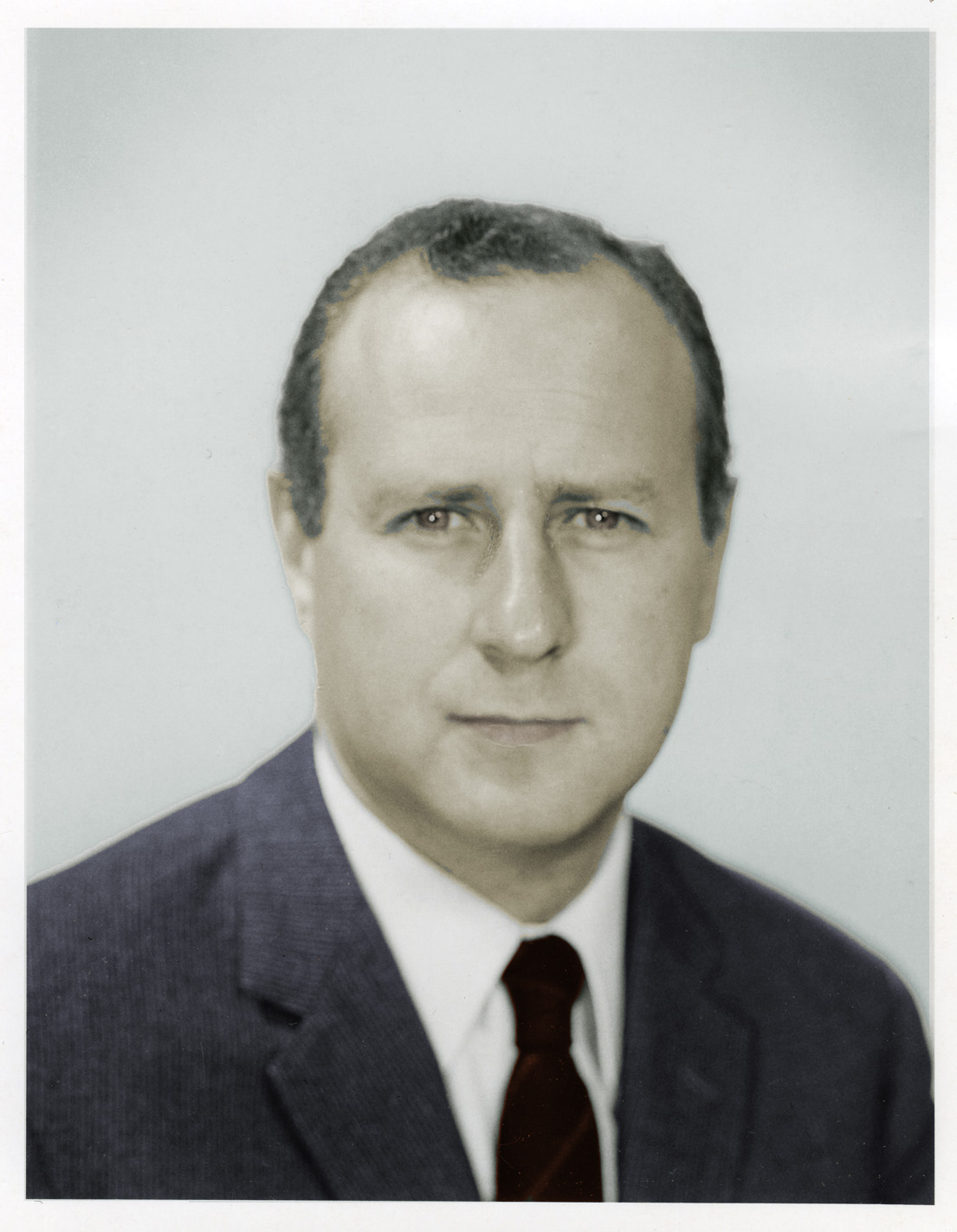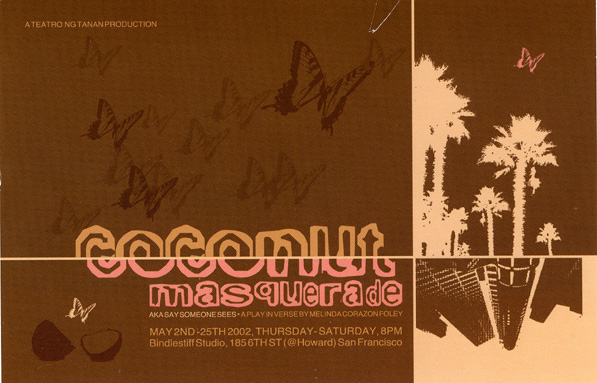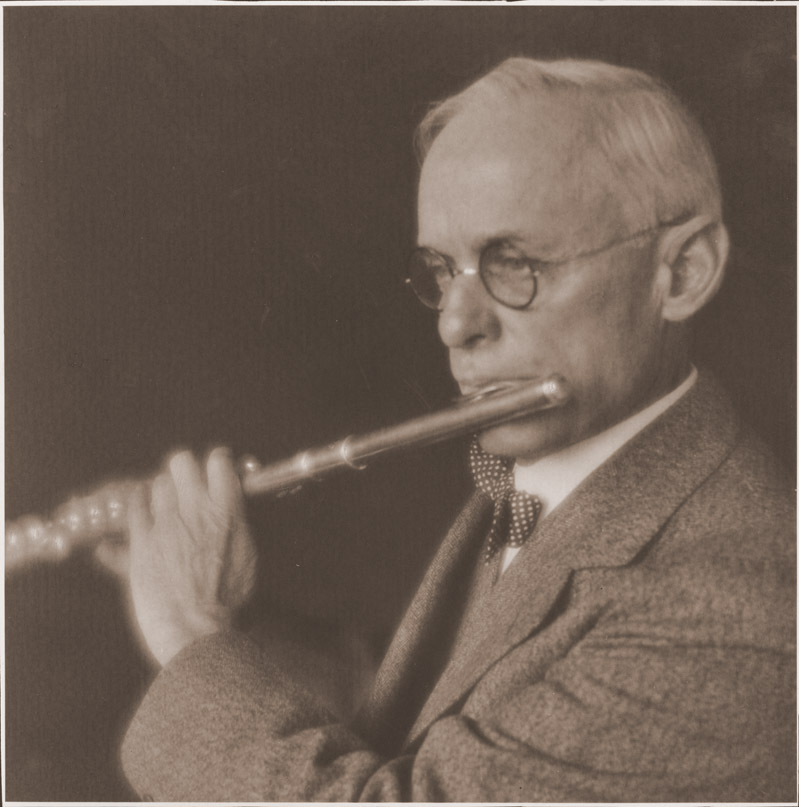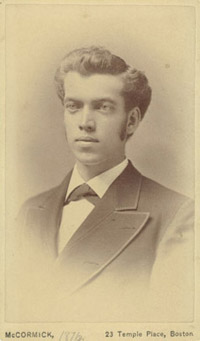Radical Student Union Records
Founded by Charles Bagli in 1976, the Revolutionary Student Brigade at UMass Amherst (later the Radical Student Union) has been a focal point for organization by politically radical students. RSU members have responded to issues of social justice, addressing both local, regional, and national concerns ranging from militarism to the environment, racism and sexism to globalization.
The RSU records document the history of a particularly long-lived organization of left-leaning student activists at the University of Massachusetts Amherst. Beginning in the mid-1970s, as students were searching for ways to build upon the legacy of the previous decade, the RSU has been a constant presence on campus, weathering the Reagan years, tough budgetary times, and dramatic changes in the political culture at the national and state levels. The RSU reached its peak during the 1980s with protests against American involvement in Central America, CIA recruitment on campus, American support for the Apartheid regime in South Africa, and government-funded weapons research, but in later years, the organization has continued to adapt, organizing against globalization, sweatshops, the Iraq War, and a host of other issues.




